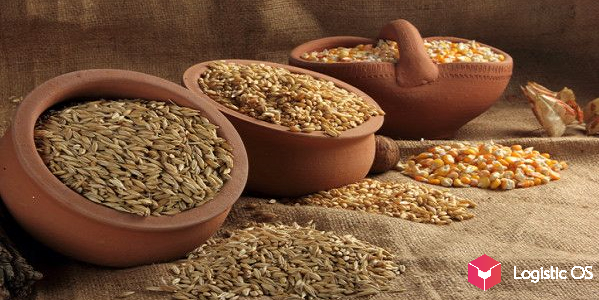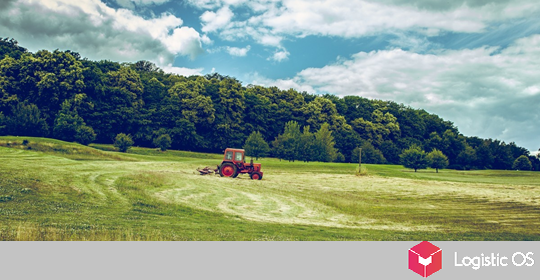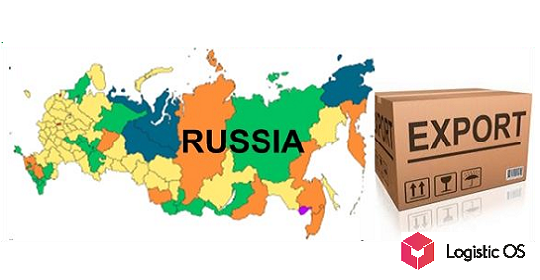Starting this year, RZS — a system that unites all elevators in the country — has been operating on a Russian server.
This will allow it to operate in accordance with GOST and ISO standards.
The creation of such a project as an RZS system is a consequence of the inevitable digitalization that is now coming to all industries.
The network began its work in 2019. Since then, it has increased the number of participants by up to 20% every year.
The essence of the system is simple — track the path of each ton of grain «from field to table», combining data from elevators
Thanks to this, it is possible to solve a number of issues:
— To simplify and speed up the grain quality assessment procedure for producers.
— Eliminate the queues at the elevators during the harvest season.
— Eliminate various manipulations on elevators, for example, mixing grain of different quality, issuing low quality grain for high quality grain.
— Simplify trade control.
The impetus for the formation of unified standards was the fact that when using dissimilar equipment and different systems, there was often «inconsistency»: one grain elevator was assigned one category, the other — another, although it is grain from the same field.
At present, several dozen devices are already connected to the system at the largest enterprises in the Russian Federation.
Mainly the following five cultures are analyzed:
Wheat.
Barley.
Soy.
Rapeseed.
Corn.
That is, the RCS helps keep records of all those crops that are most in demand in Russia.

It is planned that the system will develop further over time. It will simplify not only the processes of receiving and storing grain, but also its subsequent sale, including for export.
And the use of a Russian server will not only ensure compliance with all regulations, but also make the system more secure and independent, and reduce the risk of any external threats.

